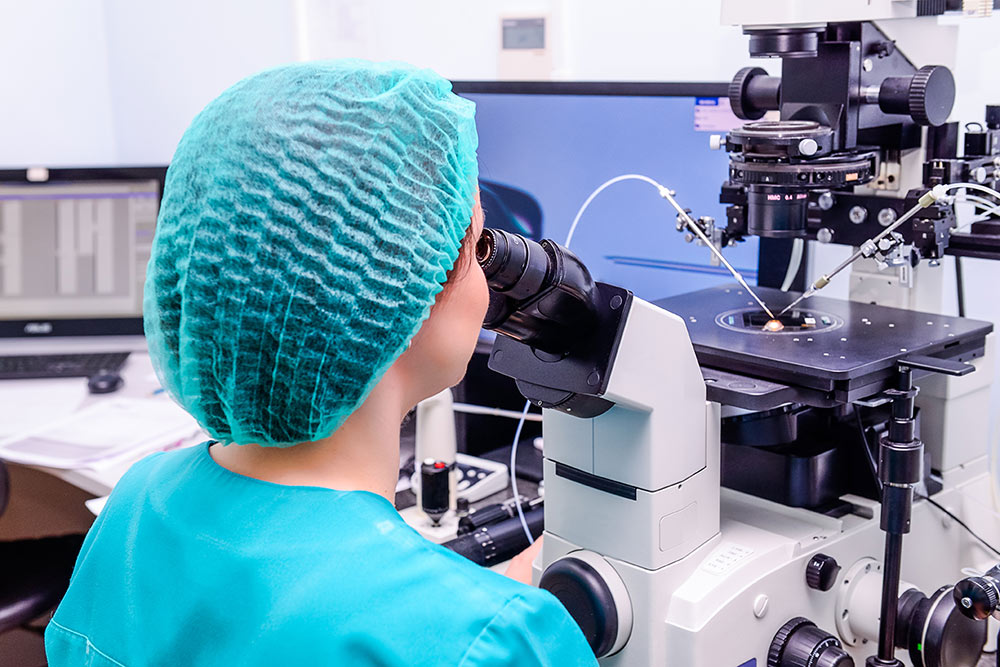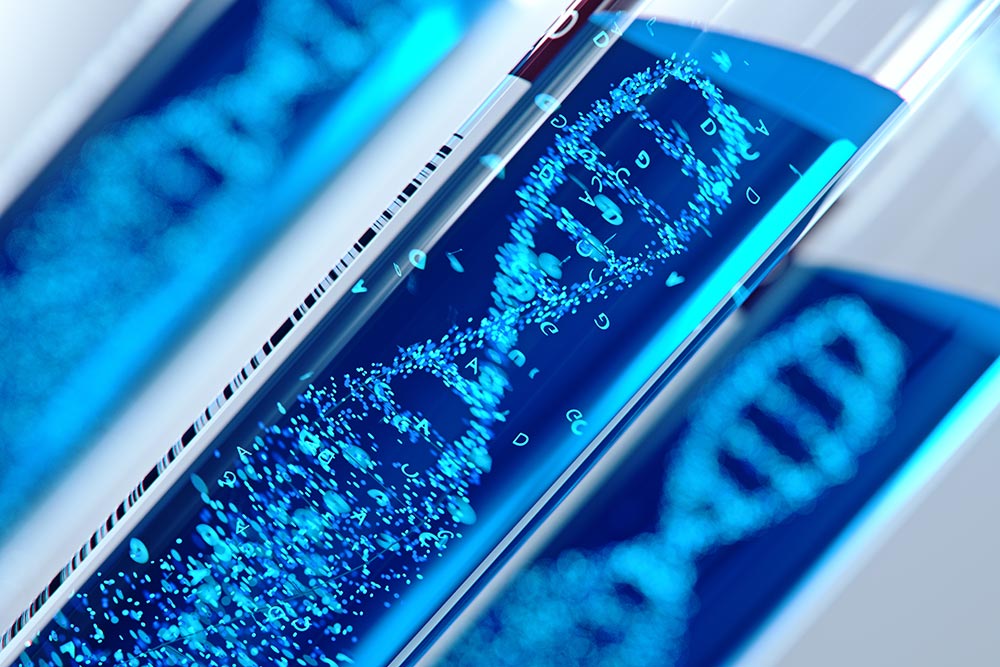Fairfax Diagnostics has been helping couples around the world have healthy babies since its establishment as a full service genetics lab and IVF center in 1984.


Fairfax Diagnostics has been responsible for numerous key innovations to help patients have healthy babies and to improve the health of women. Achievements since our founding in 1984 include:
Established operations as a full-service genetics lab and IVF center serving patients in the suburban Washington, DC area.
Pioneered genetic disease testing on single cells and embryo biopsies (PGD/PGT-M) using molecular & DNA sequence technology.
One of the first labs to implement intracytoplasmic sperm injection (ICSI) and oocyte vitrification, and elective single embryo transfer (eSET) – selective embryo transfer for patients over the age of 40.
Pioneered and launched MicroSort technology.
Validated embryo 24-chromosme analysis using microarray platforms (CMA & SNP) for aneuploidy screening (PGS/PGT-A).
Adopted Illumina Next Generation Sequencing technology for detection of chromosomal aneuploidy, monogenic disorders, and structural rearrangements (PGT-A, PGT-M, and PGT-SR)
Fairfax Diagnostics, in partnership with Genetics & IVF Institute, has over 38 years of experience in the field of assisted reproductive technology and molecular diagnostics. With an expert team of molecular and clinical geneticists and in-house genetic counselors, Fairfax combines decades of biomedical experience and advanced technology to provide results that matter to couples undergoing IVF treatment.
Our accomplished Laboratory and Medical Directors, Dr. Brian D. Mariani and Dr. Harvey J. Stern, each have over 25 years of experience in assisted reproductive technology at Fairfax Diagnostics. Along with our dedicated laboratory team, they have pioneered assay design, assay validation, and clinical application of preimplantation genetic testing (PGT)–formerly preimplantation genetic screening (PGS)–and PGT-M, formerly preimplantation genetic diagnosis (PGD). Our vast experience means that we can offer you an extraordinarily talented group of laboratory experts, physicians, and genetic counselors, some of whom are former faculty members at leading universities or the National Institutes of Health (NIH).


The application of PGT analysis for embryos generated by IVF procedures is an extremely beneficial merging of two modern technologies designed to offer couples in need of reproductive assistance the best chance to achieve a healthy pregnancy. Although IVF predates PGT by several decades, the wealth of genetic knowledge now available to aid medical practices makes this merger of IVF and PGT a tremendous advance. The mission of Fairfax Diagnostics is to use the very best PGT laboratory practices to interface with and support those efforts by reproductive medicine practitioners to serve their patients with the best care possible.
PGT-A at Fairfax Diagnostics uses high resolution Next Generation Sequencing (NGS) technologies powered by Illumina’s VeriSeq protocol and Blue Fuse Multi data analysis. Our PGT-M test incorporates 3 levels of resolution customized for each couple’s unique genetics: (1) mutation-specific targeted PCR, (2) STR haplotype mapping using STR-specific PCR that is combined with capillary electrophoresis (CE), and (3) aneuploidy screening (or PGT-A) using NGS technology. PGT-SR at Fairfax Diagnostics also uses NGS for identification of balanced chromosomal content. All PGT approaches provide embryo sex information upon request.
In partnership with GIVF, Fairfax Diagnostics maintains a zero-misdiagnosis rate in all PGT programs. All results are reviewed by a team molecular and clinical PhD and MD experts attributing to this success and accuracy. In addition to over 50 years of combined experience in molecular and clinical genetics, our genetic counselors are involved with all aspects of the PGT program, as necessary.

To get started with PGT at Fairfax Diagnostics contact us today.
